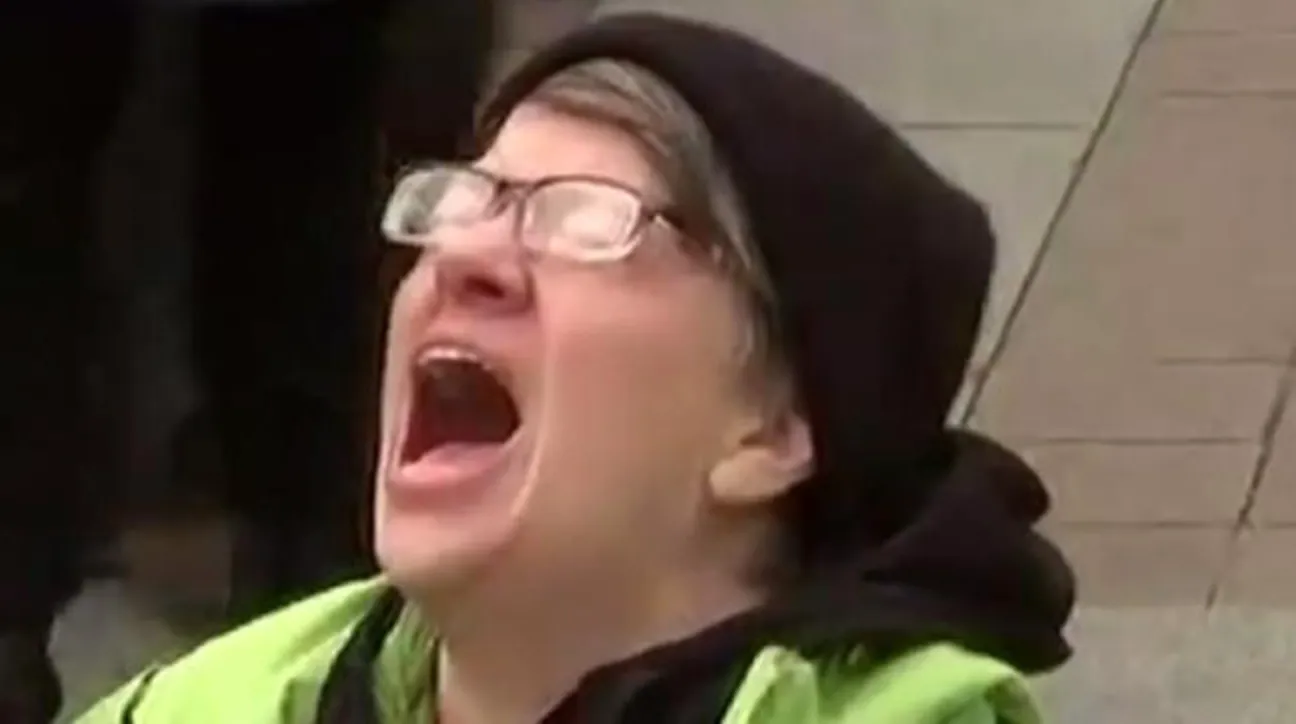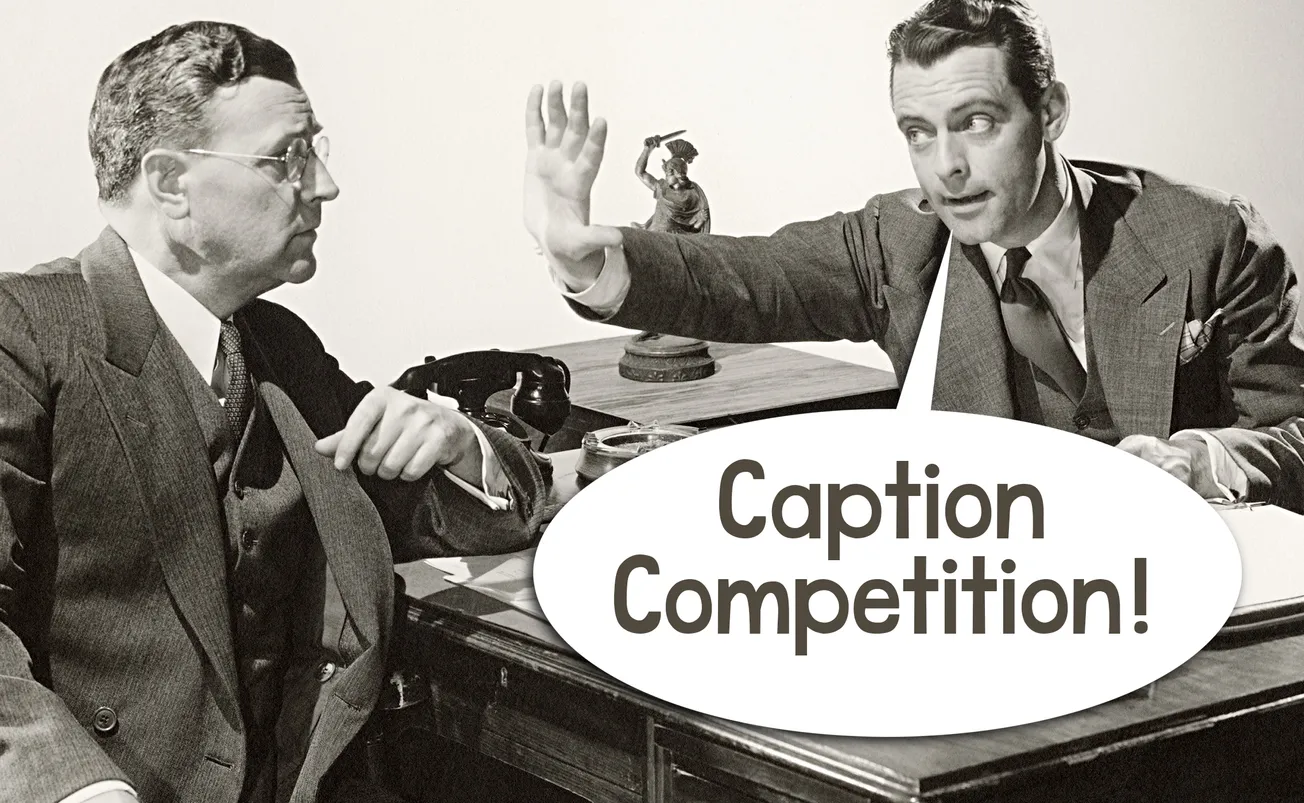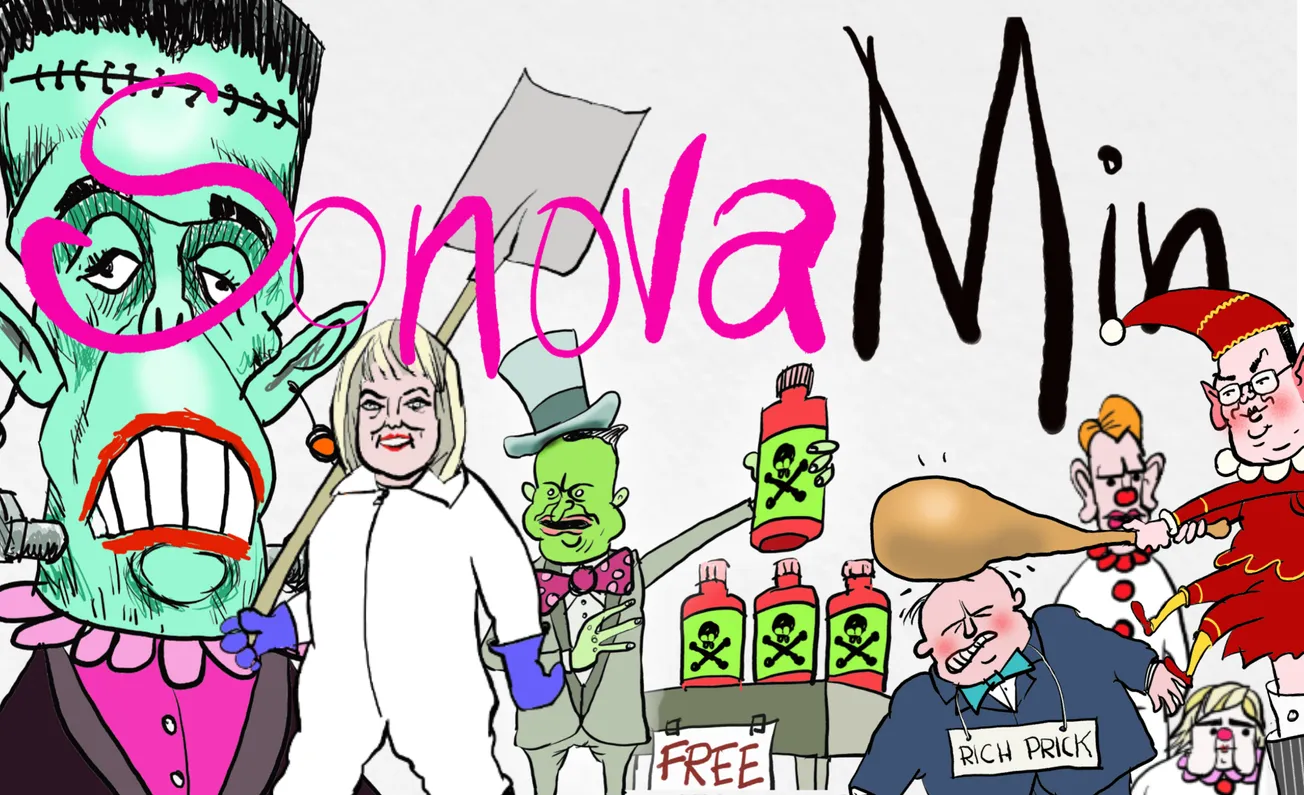Table of Contents
Danielle van Dalen
maxim.org.nz
“I remember when President W. Bush was elected and there were protests in the street calling him a war criminal – this is so much worse. People can’t talk to their neighbours anymore.” This was a friend’s response to my question on the state of US politics this week. We tend to see that the United States is about ten years ahead of us in many wider trends, so I started thinking about our own election, looking for signs New Zealand might be heading in the same direction.
Dehumanising and caricaturing the people we disagree with politically tends to begin with politicians
Certainly, at first glance, the red tide of the Labour party’s win last month suggests that New Zealanders are far from divided in their political opinions. And yet, landslide victories aren’t always the sign of a united nation. Instead, we can find early warning signs of societal division in the reaction our politicians get from the people who disagree with them. When we can’t see past our differences in ideology, policy positions, or leadership style, and simply presume that anything said by a politician we disagree with is terrible, we’re headed in a dangerous direction. Unfortunately, we’ve already seen this style of disagreement in New Zealand politics. Green MP Chloe Swarbrick has been open about the vitriolic comments she receives from people who disagree with her, a park bench was dedicated to National MP “Gerry Brownlee who hates Christchurch and everyone in it,” while former MPs Clare Curran and Sarah Dowie have shared the impact of vilification on their mental health.
Dehumanising and caricaturing the people we disagree with politically tends to begin with politicians, but that doesn’t mean it won’t stop there. In fact, as we’ve seen in the United States, it’s likely that this will trickle down to the rest of society with supporters of different politicians shocked that others could vote in a different direction.
Despite their political differences, they were happy to publicly praise one another
Of course, strong democracies require healthy disagreement. Healthy disagreement, however, doesn’t only ask us to air our differences, it also asks us to recognise the humanity of the person we disagree with. It asks us not to see them as a caricature who only cares about the one issue you might be discussing, but to recognise that they’re a whole person with families, friends, and lives outside of that particular conversation. The Prime Minister and Judith Collins gave a positive example of this when they paused during their final leaders’ debate and complimented the person they were competing with for the top job. Despite their political differences, they were happy to publicly praise one another. If we don’t want to follow the example of the United States and become a divided society it’s important that we follow their example.
We need to find moments to recognise the person behind the policy position, compliment the lives of people we may disagree with, and refrain from imagining caricatures of people with different political opinions. It won’t be easy and requires listening with a posture of humility, but when I hear about the many broken friendships in the US, I’m convinced that it’s worth it.
Please share this article so that others can discover The BFD






